If there is one thing all would-be caudillos love, it is an emergency.
Or a capital-E Emergency, in some cases. In 1975, Indian Prime Minister Indira Gandhi declared a state of emergency throughout the country—the “emergency” being that her political support was evaporating—and she pursued the sorts of “emergency” measures one would expect: She locked up her political opponents and imposed press censorship, at first simply by cutting electricity to Delhi’s version of Fleet Street, bringing the nation’s presses to a halt. Hundreds of journalists were arrested, and foreign correspondents were jailed. (I am very proud of my association with The Indian Express, which resisted censorship heroically and at great financial cost to its owners.) The Emergency was one of the darkest chapters in the history of modern India, and, for a while, the United States could once again boast of being the world’s largest democracy.
Donald Trump, who likes to talk about locking up his political opponents and gleefully shares his repugnant homoerotic fantasies about subjecting uncooperative reporters to prison rape, now has declared some emergencies. A couple of them. One of them is a border emergency, and another is an energy emergency.
There is, indeed, chaos at our border. It is not an emergency in the formal sense required for the imposition of emergency measures—it is not a natural disaster or a war—but rather a persistent policy failure, one that implicates several prior administrations, including Trump’s 2017-2021 administration. The historically minded among you will remember that Trump enjoyed a governing trifecta at the beginning of his presidency in 2017, and he and his Republican allies in Congress chose to respond to the border crisis by ... enacting a very traditional country-club Republican tax cut. Republicans could have enacted any immigration law they wanted in 2017. They chose to do nothing of substance on the issue.
Republicans today control the White House and both houses of Congress, and the only immigration-related bill headed to Trump’s desk is one that tinkers around the edges of enforcement in criminal cases, adding shoplifting to the list of crimes for which illegals may be detained. Donald Trump occupies the highest office in the land and has a Congress controlled by his allies, and topmost on their agenda is—shoplifting? It is, of course, a matter of symbolism over substance, which is the Trump style and, increasingly, the general Republican style.
“There’s a lot of bad regulation and a big fat federal thumb on the scale in favor of so-called green energy, electric cars, and that sort of thing. That isn’t something you fix through a state of emergency.”
About the so-called energy emergency: I’ll believe there is an energy emergency when Trump starts acting like there is an energy emergency. Trump, citing “inadequate energy supply and infrastructure,” has promised to refill U.S. strategic petroleum reserves to their full capacity, which would be a prudent thing to do. But what did Trump do the last time he was in the White House? He is, in fact, the only Republican president ever to preside over a net reduction in the petroleum reserve, from 695 million barrels on the day he took office to 635 on the day he grudgingly left. Trump’s 60-million-barrel depletion was almost nine times the 7-million-barrel depletion under Barack Obama. Trump tried to reverse course late in his presidency, when the economic collapse from COVID sent petroleum prices plunging, but Trump, ever the incompetent negotiator, failed to get funding from Congress.
Is the energy industry experiencing an emergency? Here is a chart of Exxon’s share price for the past five years from Macrotrends:
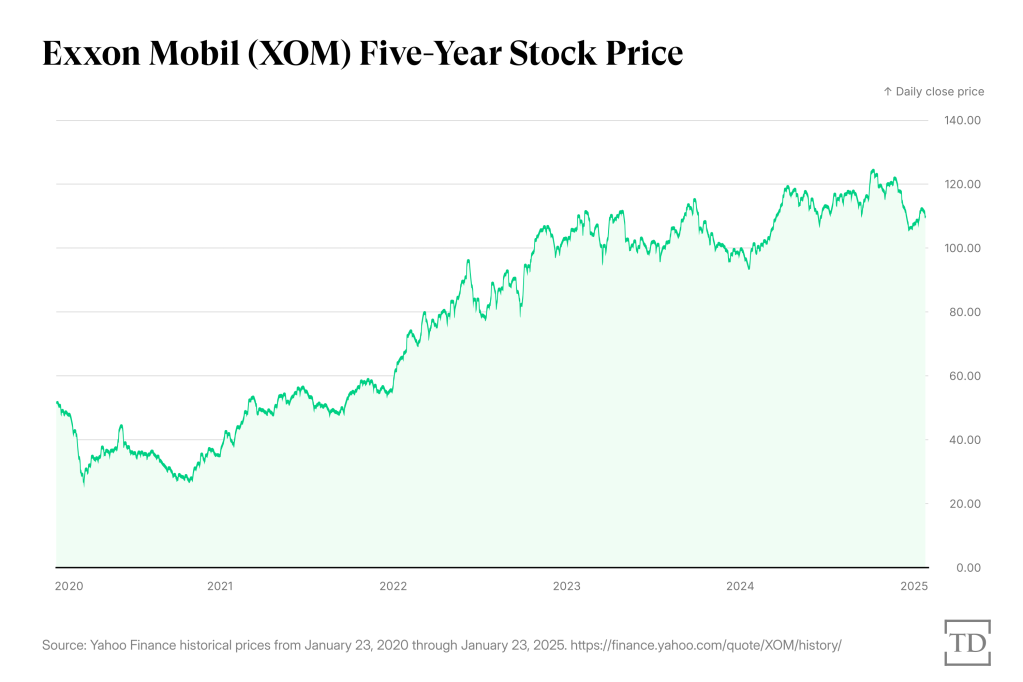
That is no cause for alarm. Things aren’t so bad over at ConocoPhillips or Chevron, either. BP isn’t having the best time of it of late, but—you know what?—they’re big boys. They’ll figure it out. Or they won’t, and somebody else will acquire their assets and manage them more profitably.
U.S. gasoline prices averaged $3.14 in December, way down from their $5 COVID peak. There were thousands more people employed in oil-and-gas extraction on Joe Biden’s last days in office than in Trump’s last days in office the last time around.
Which is not to say there are no problems. Not long after the assassination of UnitedHealthcare CEO Brian Thompson, a left-wing group published information about where the children of certain prominent people in the energy business attend school—you know, just in case anybody is curious or something. (I will not include the link here.) The transmogrification of energy executives into moral monsters in the culture war is a destructive trend. (Also one that is backfiring with the success of Landman, the Paramount+ drama set among the oil rigs of West Texas, which has been a ratings hit and a cultural phenomenon. I recently saw a clothier offering a “Tommy Norris-inspired” outfit, which is just the thing if you want to look like Billy Bob Thornton’s put-upon 69-year-old middle manager in Midland, Texas.) There’s a lot of bad regulation and a big fat federal thumb on the scale in favor of so-called green energy, electric cars, and that sort of thing. That isn’t something you fix through a state of emergency. That is something you fix through ordinary responsible administration and—this seems to escape the Trump brain trust—collaboration with Congress, i.e., the people who actually make the laws. Bipartisan legislative reform sticks—emergency executive measures, as the ghosts of the Biden administration are learning quickly, are short-lived things.
We do not need another string of national emergencies, genuine or rhetorical. But crisis and chaos are Trump’s preferred mode of operation—he is, above all else, a drama queen. That isn’t how you get it done, if you’re trying to get it done. If, on the other hand, you’re trying to look like you’re getting it done ...
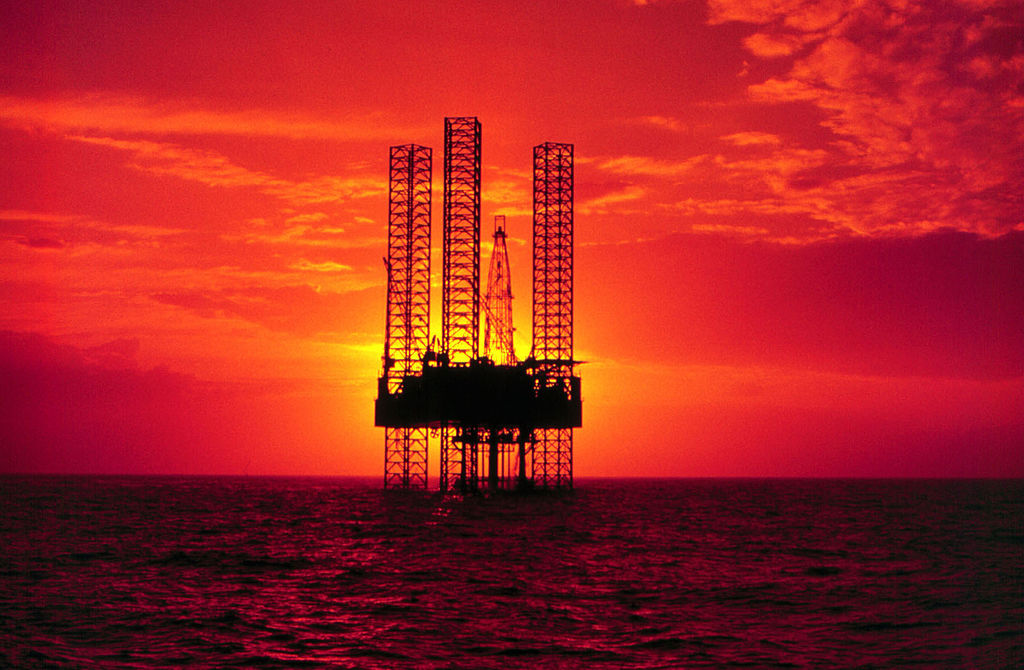

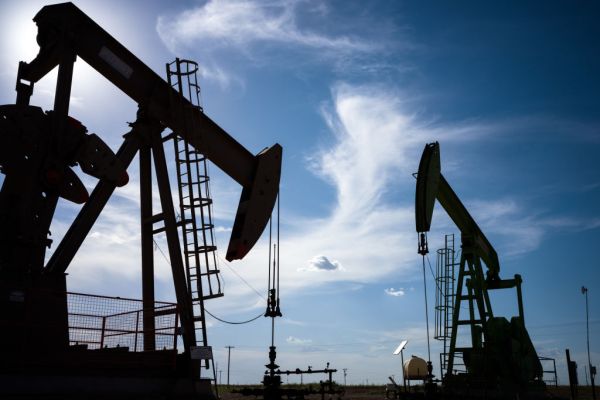


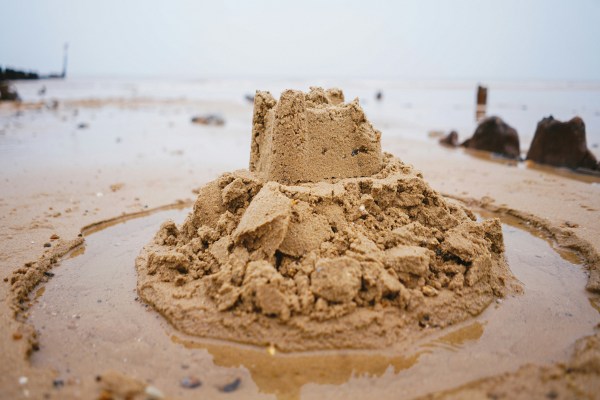
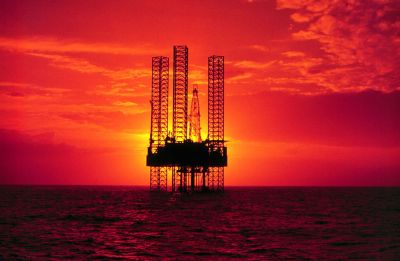
Please note that we at The Dispatch hold ourselves, our work, and our commenters to a higher standard than other places on the internet. We welcome comments that foster genuine debate or discussion—including comments critical of us or our work—but responses that include ad hominem attacks on fellow Dispatch members or are intended to stoke fear and anger may be moderated.
With your membership, you only have the ability to comment on The Morning Dispatch articles. Consider upgrading to join the conversation everywhere.